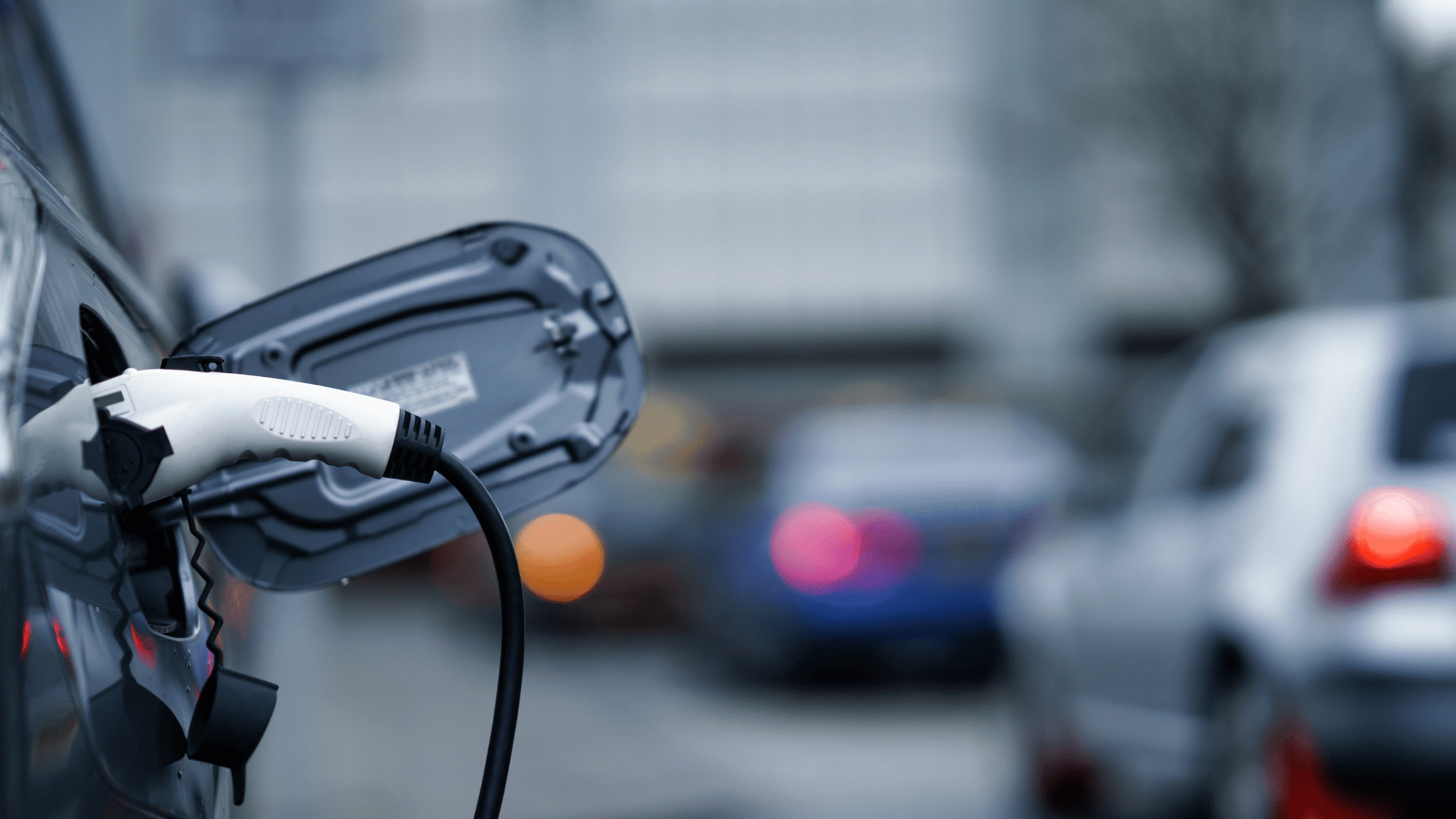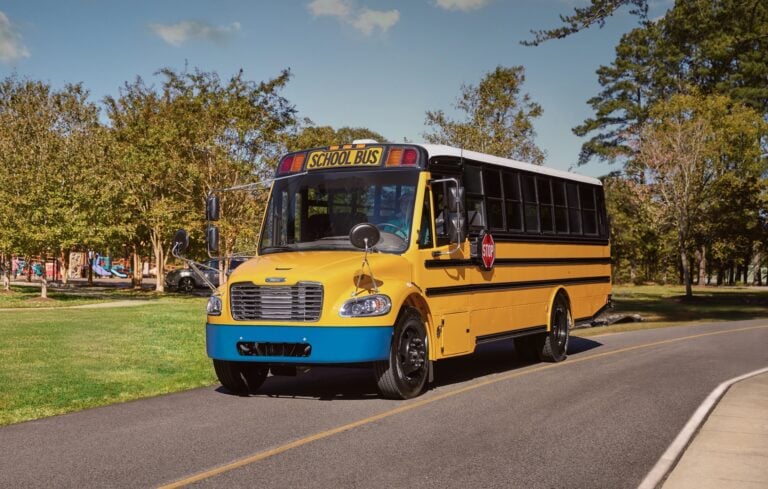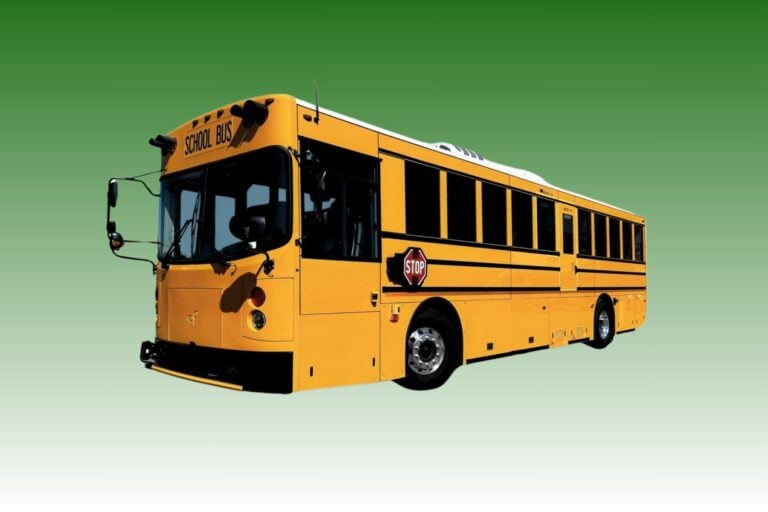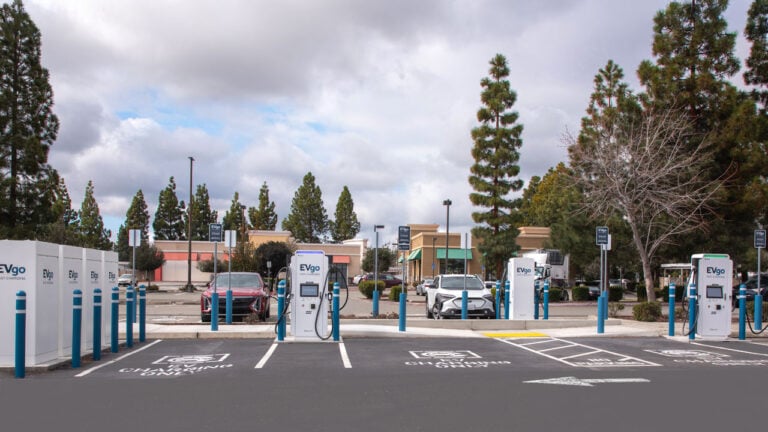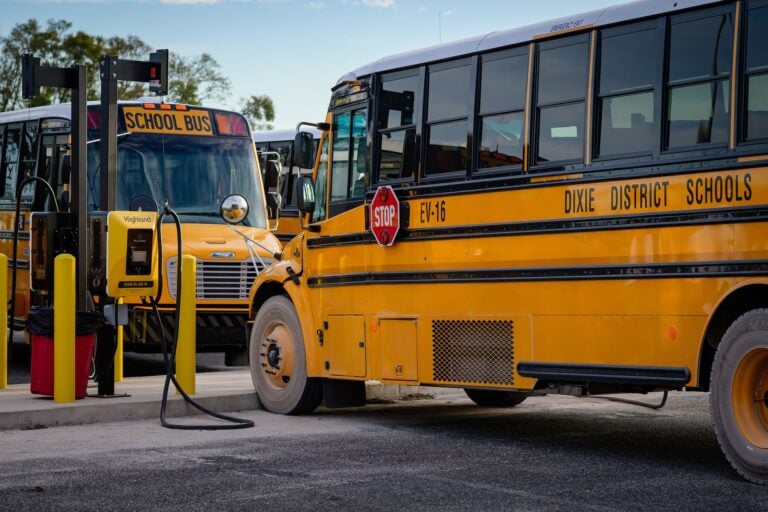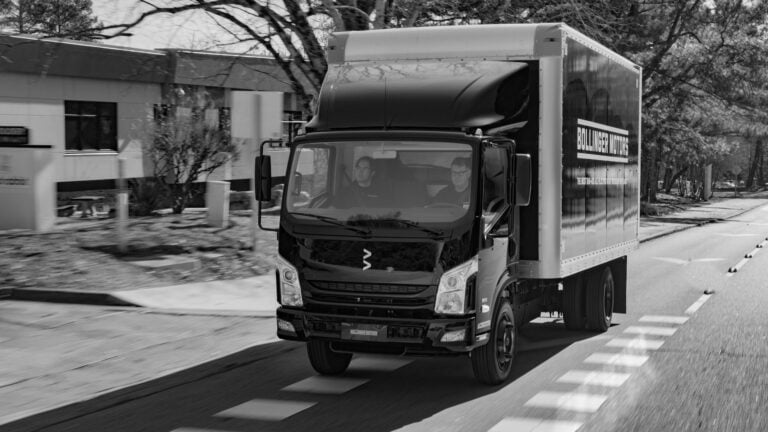California Assembly Bill 2816, supported by Coltura, directs more funds toward aiding lower income drivers using the most gasoline switch to EVs.
SACRAMENTO, Calif. – The California Assembly Transportation Committee passed a landmark ZEV incentive reform bill, AB 2816, by a bipartisan 6-2 vote on Monday. The bill, introduced by Assemblymember Phil Ting (D-San Francisco), directs the California Air Resources Board to maximize the climate and equity impacts of the state’s Zero Emission Vehicle (ZEV) incentive programs. It ties incentive amounts to a driver’s past gasoline consumption levels, with larger amounts for lower-income drivers. If passed, this bill would make California the first government in the world to focus ZEV incentives on maximizing cuts in gasoline consumption.
California’s biggest gasoline users are on track to be the last people to switch to ZEVs. ZEV incentives tend to be used by higher-income drivers and do not focus on reducing gasoline use. AB 2816 aims to address these problems by maximizing the amount of gasoline avoided per taxpayer dollar spent on ZEV incentives, and prioritizing getting lower-income drivers using the most gasoline into ZEVs.
“Lower-income communities are not only harmed first from tailpipe emissions, but they’re also the most negatively impacted,” said Assemblymember Ting. “Though California has earned its place as a climate leader, we can and must do more to reduce our dependence on fossil fuels and speed up the adoption of cleaner vehicles. By expediting the switch to ZEVs for the biggest gasoline users and prioritizing income-eligible drivers, we can advance environmental justice and a healthier future for all Californians.”
“If your goal is to reduce emissions, incentivizing people that drive the most and use the most gas is an efficient way to accomplish that goal. There’s nobody you see driving more than a landscaper. If they were to switch to a ZEV, I can see tremendous savings,” Assemblymember Jordan Cunningham (R-Central Coast) said at the hearing.
“We applaud Assemblymember Ting for introducing AB 2816 and Assemblymember Laura Friedman,
Transportation Committee Chair, for passing the bill through the committee,” said Janelle London, co-executive director of Coltura. “The original goal of ZEV incentives was to build a viable market for ZEVs. Now that the market is mature and demand for ZEVs exceeds supply, we must use ZEV incentives to relieve gasoline-burdened families while maximizing emissions cuts.”
Light-duty vehicles cause 28% of California’s total carbon emissions and pollute the air near freeways and busy roads. According to Coltura’s research, drivers in the top 10% for gasoline consumption in the U.S. each use at least 1,000 gallons of gasoline a year and drive on average 30,000 miles. Many of these “Gasoline Superusers” are lower-income consumers who cannot afford to live near where they work or must drive long distances as part of their work, and who spend a large percentage of their household income on vehicle fuel. On average, switching from a gas car to a ZEV saves 40% on maintenance and 50% on fuel. By getting lower-income Superusers into ZEVs, AB 2816 would redirect billions of dollars from the oil industry back into families’ pockets.
The bill now goes to the Assembly Natural Resources Committee, where it will be heard on April 25.

